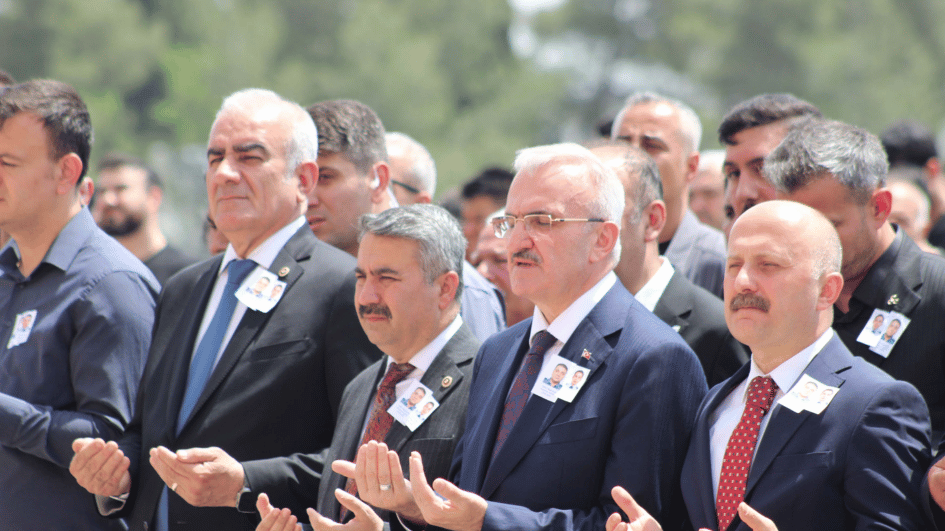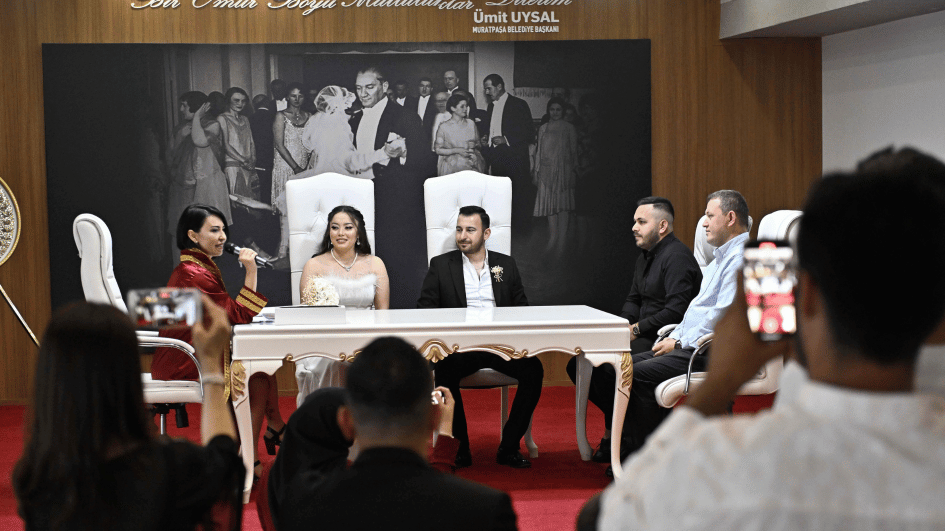A smart model for dumb debate on ‘Turkish model’
It happened again this week, another encounter with the “M-word.” Never mind the identity of the ambassador who renewed this wearisome discussion of whether Turkey is a “model.” No need to add to the scolding he received from the Turkish journalists. Still, I want to add a few more words on the topic of modeling.
Indexes and rankings, sometimes GDP statistics or relative average ages, are the stuff that informs our thinking – models in short. Business editors await annual surveys, for example, of the industrial “Top 500.” On the education desk, the “best” universities at home or abroad are fair game. One of my favorites is the annual “Values Survey” of Bahçeşehir University, which examines how Turks feel about such diverse things as polygamy or living next to a Jew.
A global perennial is the United Nations’ annual “Human Development Report,” which ranks nations’ progress on life expectancy, access to knowledge and the standard of living. Issued this week, Turkey landed 97th out of 187 countries: a middling score that noted some progress in education but lamented such facts as a female employment rate just half that of Azerbaijan. Close cousins to these are the periodic alphabet soup rankings of rating agencies like Moody’s on which borrowing and interest rates rise and fall.
A justifiable lament in all, however, is that they are inherently linear. At the end of the day, we get a single score that obscures important nuances. GDP does not reflect resource depletion. Moody’s methodology is such that Libya was less of an investment risk than Turkey at the height of the battle for Benghazi.
So let’s hear it for the “2011 Legatum Prosperity Index” issued this week. Yes, you still get a score, and Turkey is 78 among 110 countries. But along with the check of the pulse, you get an MRI scan of the drivers of the economy. These range from the level of trust to the cultural support for entrepreneurship. Check it out at www.prosperity.com.
Perhaps because the research is done by the Dubai-based Legatum Institute (founded by a rich New Zealander), it dips into this “model” debate.
“There can be no single model for the post-revolutionary Middle East and North Africa,” it concludes. “While Turkey may be a model for some, Arab Spring countries could look to Indonesia and Malaysia.”
The elegance of this work, with interactive features that let you mix and match variables and countries, is that you get a compass rather than a bar graph. The outer perimeter is dotted with categories from “social capital” to “education” to “safety and security,” all developed with a rich basket of diverse data. A low ranking moves you to the center; a higher value moves you toward the outside. Your “rank” is inevitably a squiggly ellipse overlaying the points on the compass to reflect virtues and deficiencies.
The data drives Indonesia, for example, north on the “economy” points of the compass, much higher than Turkey. Turkey competes to the southwest of the compass on “rule of law.” But Turkey is bested in the lower right-hand corner of the compass by Malaysia on “democratic accountability.”
It is clear the dumb “model” debate is not going away. Let’s wage it with a smart model.










